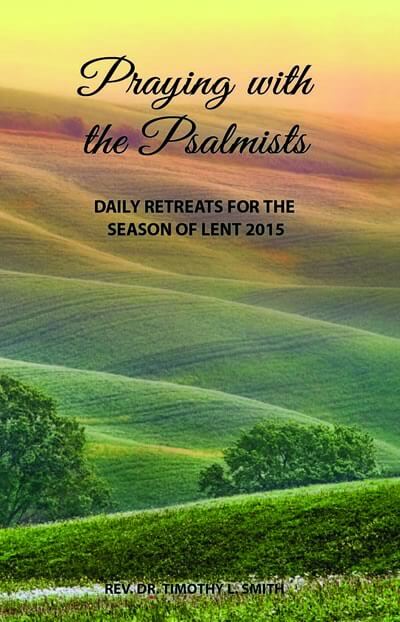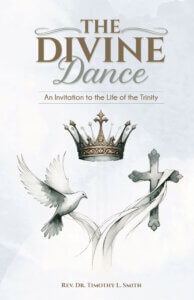 Joy To The World!
Joy To The World!
Shout for joy to the LORD, all the earth,
burst into jubilant song with music;
make music to the LORD with the harp,
with the harp and the sound of singing,
with trumpets and the blast of the ram’s horn—
shout for joy before the LORD, the King.
Let the sea resound, and everything in it,
the world, and all who live in it.
Let the rivers clap their hands,
let the mountains sing together for joy;
let them sing before the LORD,
for he comes to judge the earth.
He will judge the world in righteousness
and the peoples with equity.
Psalm 98:4-9
I have a friend whose job involves lots of work sitting close in front of a computer screen. When he began having some eye problems his doctor advised him to take a few moments every half hour to get up from his desk and look out the window at something in the distance. I think that is helpful advice, not just for physical sight but for spiritual sight as well. We frequently need to turn away from that which is close at hand and look into the distance. I find that today’s psalm text can help me do just that as it calls for us to rejoice in the Lord’s coming.
Isaac Watts wrote the old hymn “Joy to the World” as a paraphrase of this psalm, which is really about Christ’s Second Coming as King. Watts’ hymn faithfully reflects the tenor of this psalm text: rejoicing in the Lord’s coming to rule over the nations. Old Testament theologian Derek Kidner suggests that this and other psalms are a “rehearsal” of what we will sing when the Lord comes to judge the earth (Psalms 73-150).
God will, as the old Christmas Carol rejoices, make the nations prove, “…the glories of His righteousness and wonders of His love.” The Lord’s coming to judge the earth is the occasion for everyone and everything to praise Him with joy. The promise of God balancing the scales of justice is good reason for universal rejoicing. This is what we have prayed for: “Thy kingdom come. Thy will be done on earth as it is in heaven.” Thus, the psalmist calls for the “human orchestra” and the “orchestra of nature” to provide “a grand fanfare for God the king.” (Robert Alter, The Book of Psalms: A Translation with Commentary) This psalm helps God’s people view the Lord’s coming to earth as a cause for celebration, rather than something to fear.
The psalmist’s vision gets bigger and bigger as his call goes out to all creation: “shout for joy before the LORD, the King.” The call to praise God goes beyond people and nations, including the “sea…world…rivers…mountains”. The psalmist looks ahead to the day God will complete the redemption of His creation (Romans 8:18-25). Just by being what God created them to be, all creatures will praise God and proclaim His purpose for them.
Today’s psalm text is part of the group of psalms (Psalm 93-99), their theme being: “The Lord reigns! The Lord is King!” The world still mocks God, or ignores God, but we know and we praise the Lord as King over all. This proclamation that the Lord is King “involves a vision of reality that is the theological center of the Psalter.” (James L. Mays, The Lord Reigns) Rejoicing in the Lord as King is our best counter to the despair, hopelessness, and evil of our world.
Old Testament theologian Walter Brueggemann says that through praising God we define reality, or rather, God defines reality through us and through our praise. (Israel’s Praise: Doxology Against Idolatry and Ideology) By our praising the Lord as King we construct an alternate world in sharp contrast to the world of our daily living. It is the promised world Jesus pictured in His Sermon on the Mount. For us this defines reality. As we take time to praise and to rejoice that the Lord is King, we live within His Kingdom.
The Lord is King! Yes! We rejoice and look ahead to the day that the whole earth will rejoice in His kingship. Until they do, we rejoice for them: “Joy to the world, the Lord is King. Let earth receive her King.”
READ REFLECT RESPOND REST
RECORD (optional)


 Joy To The World!
Joy To The World!
